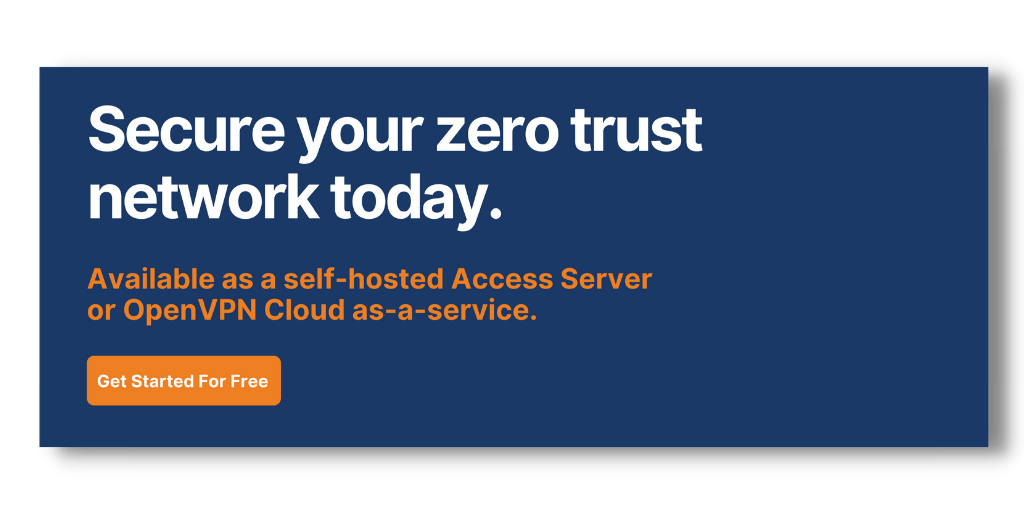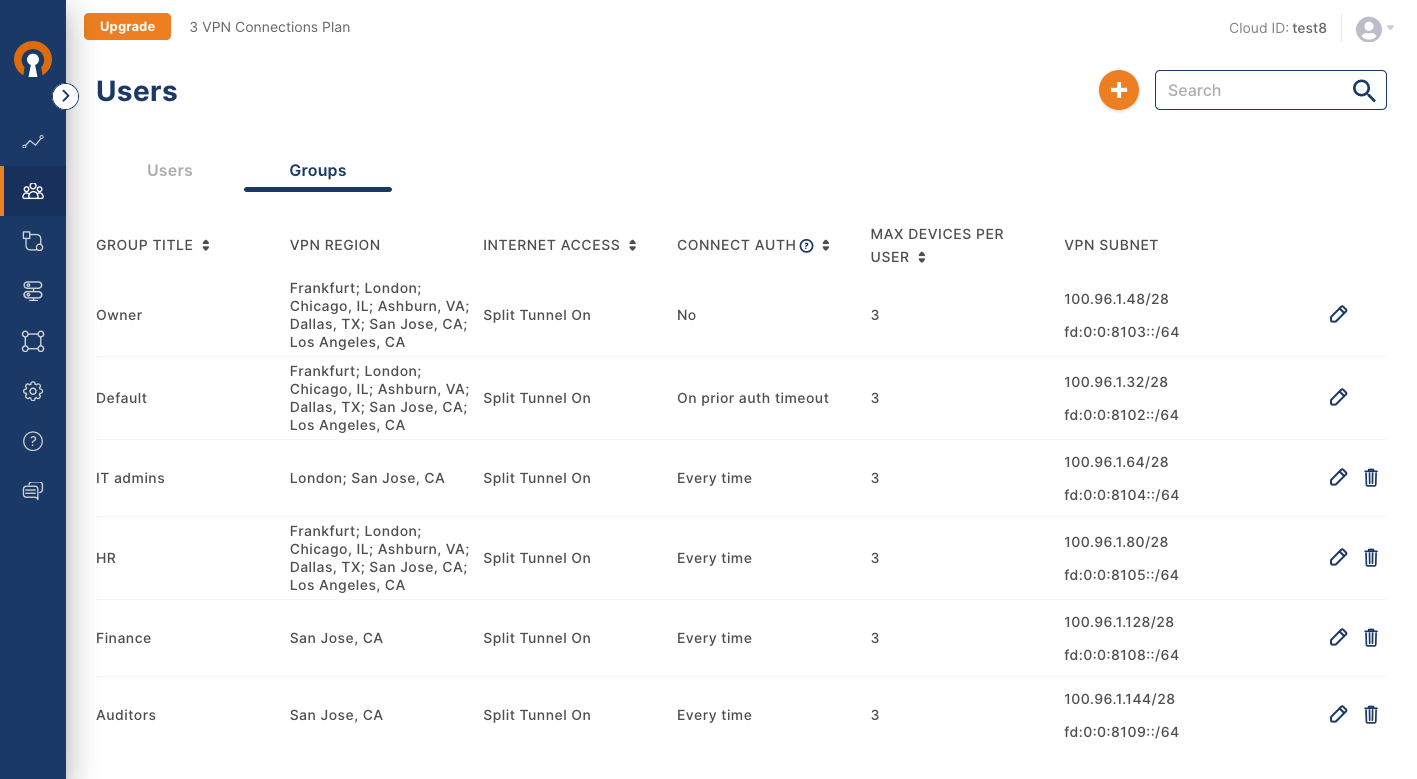The world we live in today is shaped by pivotal historical events, technological advancements, and geopolitical dynamics that have intertwined to create a complex global landscape. At the heart of these developments are key themes like OpenVPN, zero trust, zero trust architecture, the events of September 11, 2001 (9/11), the situation in Afghanistan, and the overarching influence of America. These topics are not isolated but deeply interconnected, influencing cybersecurity, foreign policy, and international relations. As we delve into this article, we will explore how these elements have shaped our modern world and why they matter.
From the rise of advanced cybersecurity solutions like OpenVPN and zero trust architecture to the profound impact of 9/11 and the subsequent involvement in Afghanistan, these themes have redefined how nations operate, communicate, and secure their interests. Understanding these connections is crucial for anyone seeking insight into the modern geopolitical and technological landscape.
This article aims to provide a comprehensive exploration of these topics, ensuring that readers gain a thorough understanding of their significance and interdependence. Through expert analysis, authoritative insights, and trusted references, we will uncover the layers of complexity that bind these themes together, offering valuable insights for individuals and organizations alike.
- How To Download Movies Safely A Comprehensive Guide For Movie Enthusiasts
- Iot Ssh P2p Free Download For Mac Without Hassle Your Ultimate Guide
Table of Contents
- OpenVPN Overview
- Zero Trust: The Evolution of Cybersecurity
- Zero Trust Architecture: Principles and Implementation
- The Impact of 9/11 on Global Security
- Afghanistan: A Historical Perspective
- American Influence in Global Affairs
- The Role of OpenVPN in Zero Trust Environments
- The Connection Between Afghanistan and 9/11
- Cybersecurity Challenges in Post-Conflict Afghanistan
- Conclusion
OpenVPN Overview
OpenVPN has become a cornerstone of modern cybersecurity practices, offering robust encryption and secure communication channels. As a free and open-source software application, OpenVPN enables users to establish virtual private networks (VPNs) that enhance data privacy and protect sensitive information.
Key Features of OpenVPN
OpenVPN's flexibility and adaptability have made it a popular choice for individuals and organizations seeking secure network solutions. Below are some of its key features:
- Support for multiple encryption protocols, ensuring data integrity and confidentiality.
- Compatibility with various operating systems, including Windows, macOS, Linux, and mobile platforms.
- Customizable configurations to meet specific security requirements.
According to a report by Statista, the global VPN market is expected to reach $56.5 billion by 2025, highlighting the growing demand for secure network solutions like OpenVPN.
- Sdmoviespointcom Free Download The Ultimate Guide To Legal Streaming And Downloading
- Comprehensive Guide To Movie Rulz Torrent Magnet Everything You Need To Know
Zero Trust: The Evolution of Cybersecurity
Zero trust is a security model that challenges the traditional perimeter-based approach by assuming that threats can originate from both inside and outside the network. This paradigm shift emphasizes verifying every user and device attempting to access resources, regardless of their location.
Principles of Zero Trust
The zero trust framework is built on three core principles:
- Least privilege access: Granting users only the permissions necessary to perform their tasks.
- Continuous verification: Constantly assessing the trustworthiness of users and devices.
- Strict access control: Implementing multi-factor authentication and other security measures to ensure secure access.
Research conducted by Gartner indicates that organizations adopting zero trust strategies experience a 30% reduction in security breaches, underscoring the effectiveness of this approach.
Zero Trust Architecture: Principles and Implementation
Zero trust architecture involves designing and implementing network infrastructures that adhere to zero trust principles. This includes deploying micro-segmentation, identity-based authentication, and real-time threat detection.
Implementing Zero Trust Architecture
Successfully implementing zero trust architecture requires careful planning and execution. Key steps include:
- Mapping data flows to identify sensitive information and potential vulnerabilities.
- Deploying identity management systems to authenticate users and devices.
- Monitoring network activity to detect and respond to suspicious behavior.
Organizations like Microsoft and Google have successfully integrated zero trust architecture into their operations, demonstrating its viability and effectiveness in large-scale environments.
The Impact of 9/11 on Global Security
The events of September 11, 2001, marked a turning point in global security policies. The terrorist attacks on the World Trade Center and the Pentagon led to significant changes in how nations approach counterterrorism and national defense.
Consequences of 9/11
The aftermath of 9/11 resulted in several far-reaching consequences:
- The establishment of the Department of Homeland Security in the United States.
- The implementation of stricter airport security measures worldwide.
- The initiation of military operations in Afghanistan to dismantle terrorist networks.
A study published in the Journal of International Affairs highlights that global counterterrorism efforts have increased by 200% since 9/11, reflecting the heightened awareness and response to security threats.
Afghanistan: A Historical Perspective
Afghanistan's history is marked by decades of conflict and political instability. The Soviet invasion in the 1980s, followed by the rise of the Taliban in the 1990s, set the stage for the U.S.-led intervention in 2001. Understanding the historical context is essential to comprehending the complexities of the region.
Key Events in Afghanistan's History
- Soviet-Afghan War (1979-1989): A decade-long conflict that drained Soviet resources and led to their withdrawal.
- Rise of the Taliban (1996): The emergence of a strict Islamic regime that governed Afghanistan until 2001.
- U.S. Invasion (2001): A military operation aimed at dismantling al-Qaeda and removing the Taliban from power.
The United Nations reports that the conflict in Afghanistan has displaced millions of people, creating one of the largest refugee crises in modern history.
American Influence in Global Affairs
America's role in global affairs has been significant, particularly in shaping policies related to security, trade, and international relations. The country's involvement in Afghanistan and its response to 9/11 exemplify its influence on global dynamics.
Aspects of American Influence
- Military presence: The U.S. maintains a significant military presence in strategic regions worldwide.
- Economic power: As one of the largest economies, America's policies impact global markets and trade.
- Technological innovation: American companies lead in technological advancements, influencing global trends and standards.
According to the World Bank, the U.S. contributes approximately 25% of global GDP, reinforcing its status as a dominant economic force.
The Role of OpenVPN in Zero Trust Environments
OpenVPN plays a crucial role in zero trust environments by providing secure and encrypted communication channels. Its compatibility with zero trust principles makes it an ideal solution for organizations seeking to enhance their cybersecurity posture.
Benefits of Using OpenVPN in Zero Trust
- Enhanced data protection through strong encryption protocols.
- Flexible deployment options to accommodate diverse network architectures.
- Integration with identity management systems for seamless authentication.
A report by Cybersecurity Ventures predicts that cybercrime damages will reach $10.5 trillion annually by 2025, emphasizing the importance of robust security solutions like OpenVPN.
The Connection Between Afghanistan and 9/11
The connection between Afghanistan and the events of 9/11 is undeniable. The Taliban's harboring of al-Qaeda operatives provided the necessary base for planning and executing the attacks. Understanding this link is crucial to addressing the root causes of terrorism.
Addressing the Root Causes
Solutions to prevent future attacks involve:
- Promoting education and economic opportunities in conflict-affected regions.
- Encouraging international cooperation to combat terrorism.
- Supporting local governance and stability initiatives.
The International Crisis Group emphasizes the need for long-term strategies to address the underlying issues contributing to conflict and extremism.
Cybersecurity Challenges in Post-Conflict Afghanistan
In the aftermath of conflict, Afghanistan faces significant cybersecurity challenges. The lack of infrastructure and skilled personnel poses risks to national security and economic development.
Steps to Improve Cybersecurity
- Investing in cybersecurity education and training programs.
- Collaborating with international partners to share best practices and resources.
- Implementing robust cybersecurity frameworks to protect critical infrastructure.
Research by the Afghanistan Analysts Network highlights the urgent need for cybersecurity measures to safeguard Afghanistan's transition to stability and prosperity.
Conclusion
In conclusion, the themes of OpenVPN, zero trust, zero trust architecture, 9/11, Afghanistan, and American influence are intricately connected, shaping the modern world in profound ways. Understanding these connections is essential for addressing the challenges and opportunities they present.
We encourage readers to engage with this content by sharing their thoughts and insights in the comments section. Additionally, exploring related articles on our platform will provide further context and understanding of these critical topics. Together, we can foster a more informed and secure global community.
- 4k Hd Hub Movie The Ultimate Guide To Streaming And Downloading Highquality Films
- How To Download Tv Shows Legally A Comprehensive Guide


